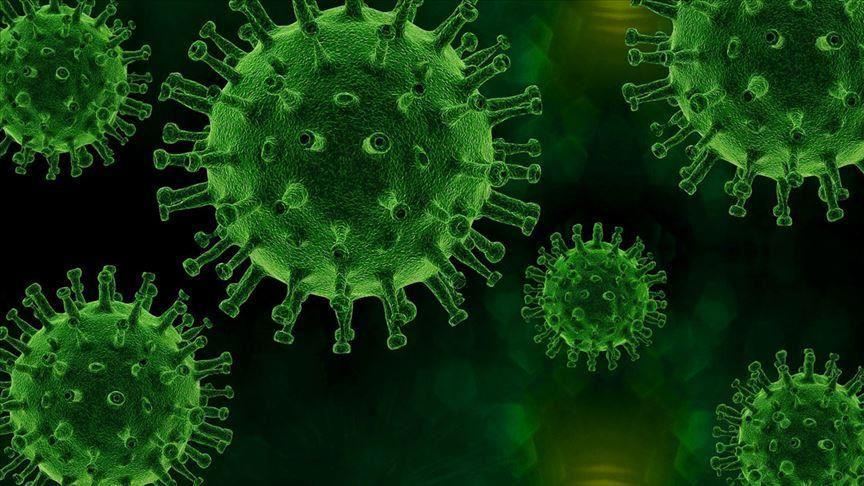
OVIEDO, Spain
Researchers at the University of Barcelona said they detected the novel coronavirus in a frozen Barcelona wastewater sample from March 12, 2019.
If the research holds up, it will blow apart the accepted timeline about the virus and the idea that it originated in China.
The findings were published in medRxiv, a well-regarded server that quickly publishes preprints of medical research while they are undergoing peer review. The server has been an important source of the latest research on COVID-19, the disease caused by the new coronavirus, but cannot be reported as established information.
The University of Barcelona said in a press release on Friday that the study has been “sent to a high impact journal.”
For the study, researchers were examining samples from two large wastewater treatment plants in Barcelona to detect the evolution of the virus in the city.
Since the virus is shed in feces, the researchers say “surveillance in sewage may be considered to be a sensitive tool to monitor the spread of the virus.”
Studies of COVID-19 in sewage water are ongoing throughout the world.
Barcelona researchers began by analyzing weekly samples from April 13 until May 25 and also studied frozen archival samples from earlier in the year, according to the article.
The analysis detected the new coronavirus, named SARS-CoV-2, in Barcelona sewage as early as January 15 -- 41 days before the first official case was confirmed in Barcelona.
This triggered researchers to go back even further, and they tested frozen samples from January 2018 to December 2019.
“All samples were negative regarding the SARS-CoV-2 genome presence except for March 12, 2019, in which the levels of SARS-CoV-2 were low but were positive, using two different targets,” said Albert Bosch, the study’s coordinator and president of the Spanish Society of Virology, in the press release.
“Barcelona receives many visitors for both touristic and professional reasons,” he said. “It is possible for a similar situation to have taken place in other parts of the world, and since most of the COVID-19 cases show a similar symptomatology to the flu, those cases could have been disguised as the flu.”
The novel coronavirus was first reported in Wuhan in December 2019.
With such surprising results, a healthy amount of skepticism has been directed toward the study.
Experts have pointed to the fact that studying sewage for coronavirus remains a promising, but largely unproven science.
Another criticism is that the study detected two separate genes (IP2 and IP4 targets) but not the nucleotides that other researchers, like those at the KWR Water Research Institute in the Netherlands, searched for in their wastewater surveys.
Until the paper has been published in a journal after undergoing peer review, the study will remain intriguing but unconfirmed.
Anadolu Agency website contains only a portion of the news stories offered to subscribers in the AA News Broadcasting System (HAS), and in summarized form. Please contact us for subscription options.


